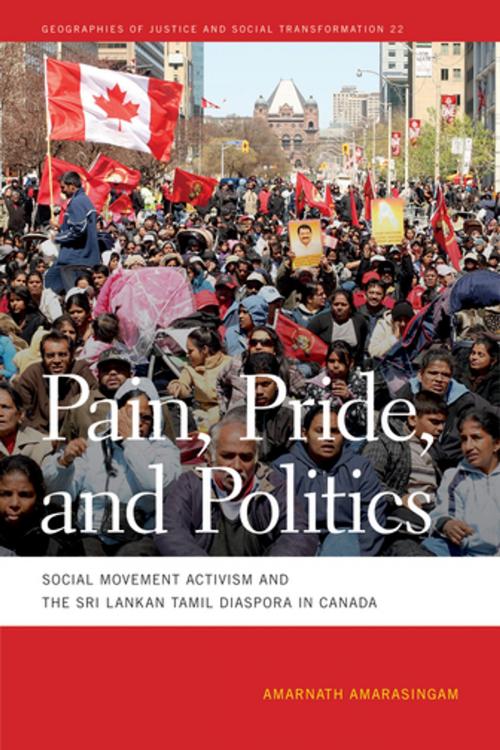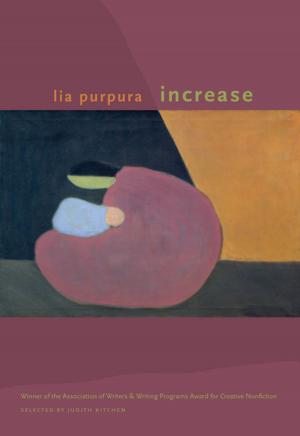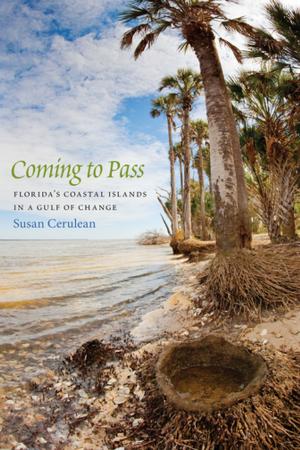Pain, Pride, and Politics
Social Movement Activism and the Sri Lankan Tamil Diaspora in Canada
Nonfiction, Social & Cultural Studies, Social Science, Human Geography, History, Canada, Cultural Studies, Emigration & Immigration| Author: | Amarnath Amarasingam, Deborah Cowen, Nik Heynen, Melissa Wright | ISBN: | 9780820348148 |
| Publisher: | University of Georgia Press | Publication: | September 15, 2015 |
| Imprint: | University of Georgia Press | Language: | English |
| Author: | Amarnath Amarasingam, Deborah Cowen, Nik Heynen, Melissa Wright |
| ISBN: | 9780820348148 |
| Publisher: | University of Georgia Press |
| Publication: | September 15, 2015 |
| Imprint: | University of Georgia Press |
| Language: | English |
Pain, Pride, and Politics is an examination of diasporic politics based on a case study of Sri Lankan Tamils in Canada, with particular focus on activism between December 2008 and May 2009. Amarnath Amarasingam analyzes the reactions of diasporic Tamils in Canada at a time when the separatist Tamil movement was being crushed by the Sri Lankan armed forces and revises currently accepted analytical frameworks relating to diasporic communities. This book adds to our understanding of a particular diasporic group, while contributing to the theoretical literature in the area.
Throughout, Amarasingam argues that transnational diasporic mobilization is at times determined and driven as much by internal organizational and communal developments as by events in their countries of origin, a phenomenon that has received relatively little attention in the scholarly literature. His work provides an in-depth examination of the ways in which a separatist sociopolitical movement beginning in Sri Lanka is carried forward, altered, and adapted by the diaspora and the struggles that are involved in this process.
Pain, Pride, and Politics is an examination of diasporic politics based on a case study of Sri Lankan Tamils in Canada, with particular focus on activism between December 2008 and May 2009. Amarnath Amarasingam analyzes the reactions of diasporic Tamils in Canada at a time when the separatist Tamil movement was being crushed by the Sri Lankan armed forces and revises currently accepted analytical frameworks relating to diasporic communities. This book adds to our understanding of a particular diasporic group, while contributing to the theoretical literature in the area.
Throughout, Amarasingam argues that transnational diasporic mobilization is at times determined and driven as much by internal organizational and communal developments as by events in their countries of origin, a phenomenon that has received relatively little attention in the scholarly literature. His work provides an in-depth examination of the ways in which a separatist sociopolitical movement beginning in Sri Lanka is carried forward, altered, and adapted by the diaspora and the struggles that are involved in this process.















